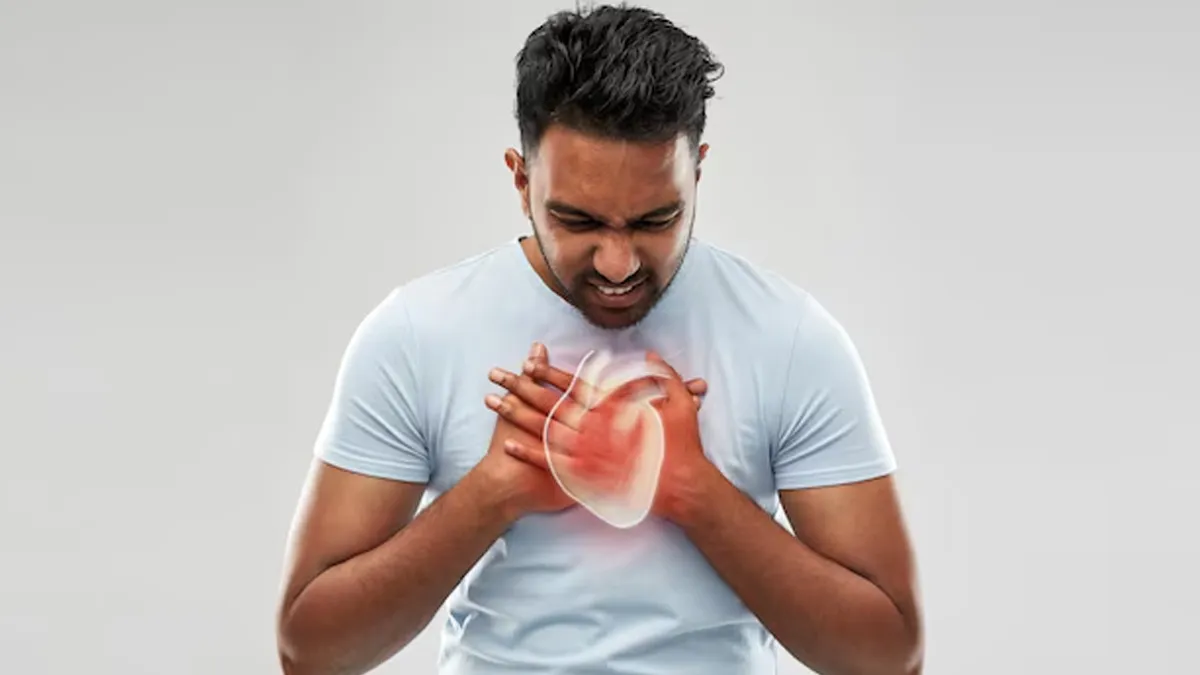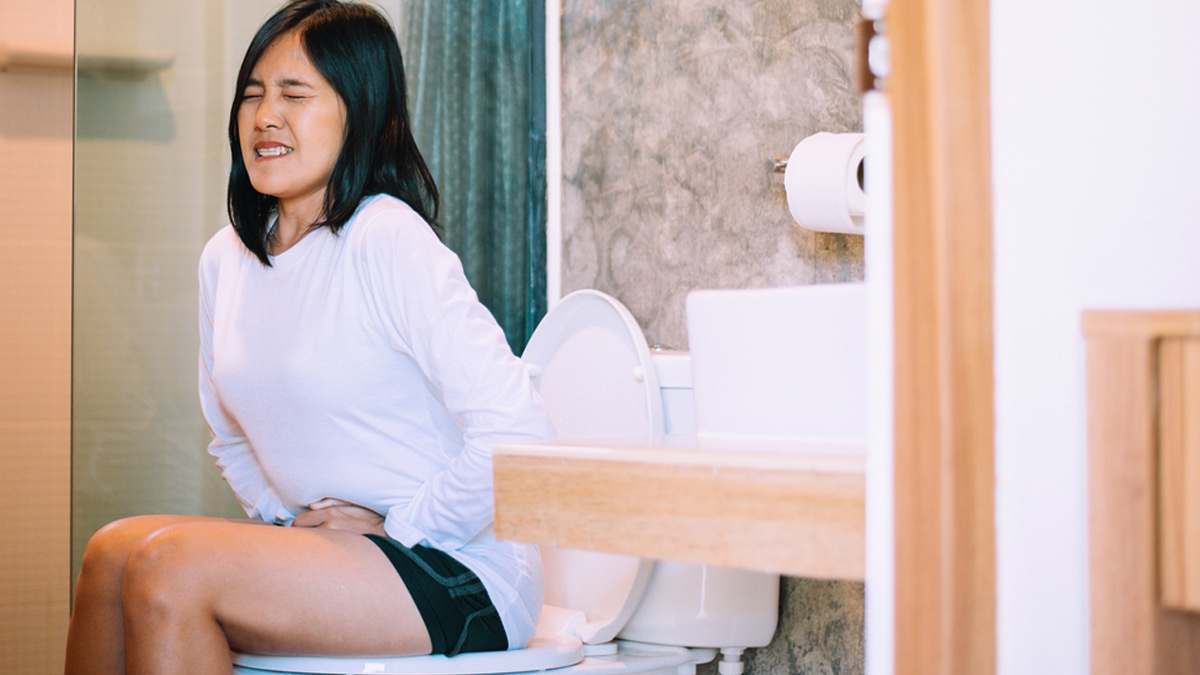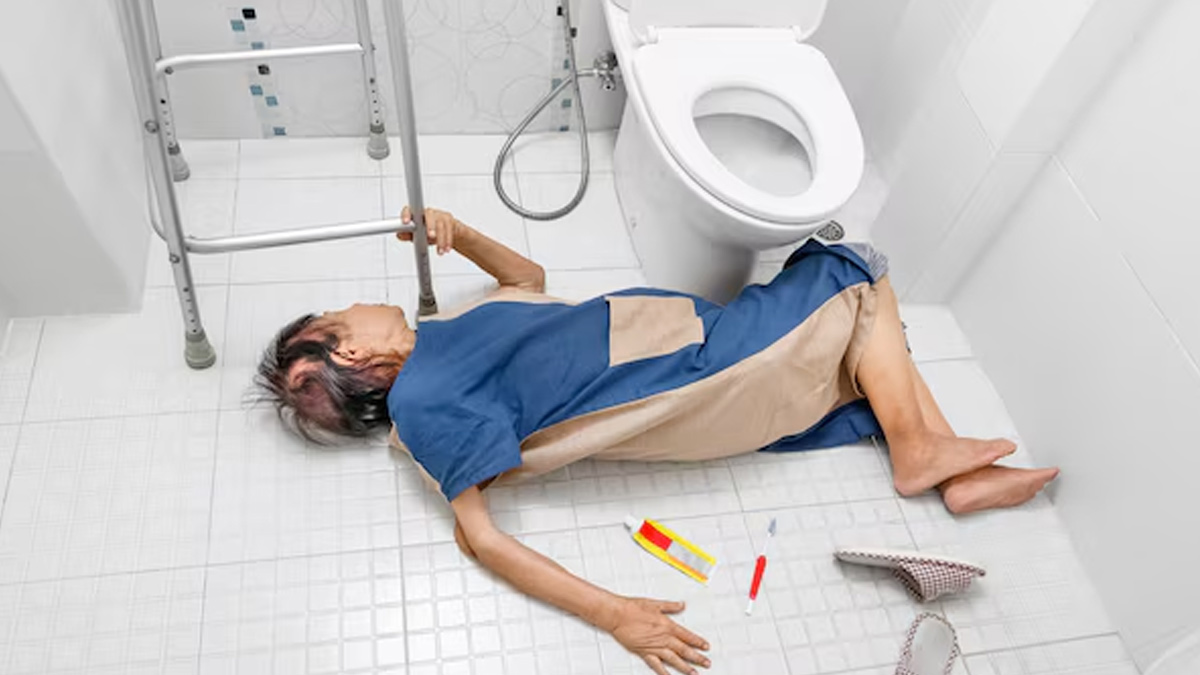
Have you ever considered that the seemingly safe and private space of your bathroom could be a place where heart attacks are more likely to occur? While it might seem surprising, a combination of everyday activities and physiological factors makes the washroom a surprisingly common location for cardiac events. To shed light on this, we spoke to Dr Gulshan Rohra, Consultant, Cardio-thoracic Surgeon, Wockhardt Hospitals, Mumbai Central, who shared insights on the causes behind these incidents. Understanding these factors, along with taking simple preventive measures, can help reduce your risk and protect your heart.
Table of Content:-
According to the study published in Fourth Frontier, it was found that 4.1% of Out-Of-Hospital Cardiac Arrests (OHCAs) occur in toilets, a higher rate than in patients with other minor illnesses. Cardiac arrests were more likely in toilets, given the average time spent there (about 20 minutes daily). The risk was 7.7 times greater in-home toilets compared to public ones.
The Driving Factors
Several contributing factors make washrooms a place where heart attacks occur more frequently.
Straining During Bowel Movements

One of the primary causes is the strain involved in activities like straining during bowel movements, especially for individuals with chronic constipation. “This action increases intrathoracic pressure (pressure within the chest), leading to a sudden rise in blood pressure and a drop in heart rate. This phenomenon is known as the Valsalva manoeuvre, which occurs when a person holds their breath and strains, as one typically does during a difficult bowel movement,” explained Dr Rohra.
For people with pre-existing heart conditions, this increase in pressure and drop in heart rate can put undue stress on the heart, potentially triggering a cardiac event. For individuals with high blood pressure or heart disease, this additional strain could be life-threatening.
Cold Water Exposure
Another significant factor is cold water exposure. Many people wash their faces or bathe in cold water, especially during the morning. The sudden shock of cold water can cause blood vessels to constrict rapidly, which in turn raises blood pressure. “For those with existing cardiovascular conditions, this sudden increase in blood pressure could be dangerous, potentially triggering a heart attack. Cold water exposure can cause a sharp rise in blood pressure, especially for individuals who already suffer from hypertension or other heart-related issues,” said Dr Rohra.
Also Read: Do Women Experience Heart Attacks Differently? Expert Shares 5 Silent Signs That Go Unnoticed
The Privacy Factor

In addition to these physical stressors, the privacy and isolation of the washroom can contribute to the severity of heart attacks. In such a private setting, individuals experiencing a heart attack may not receive immediate help, which significantly reduces the chances of survival. Without immediate assistance, such as CPR or the quick arrival of medical personnel, the risk of fatality increases.
Measures To Prevent Heart Attacks In Washroom
To lower the risk of a heart attack in washrooms, it is essential to adopt certain precautions. Here are some preventive measures listed by Dr Rohra:
Maintain a Healthy Diet and Active Lifestyle

Eating a fibre-rich diet, including whole grains, fruits, and vegetables, helps prevent constipation and reduces the need for straining during bowel movements. Regular physical activity also supports healthy digestion and cardiovascular function, lowering the risk of heart disease.
A recent international study led by Monash University researchers has established a significant link between constipation and an increased risk of Major Adverse Cardiac Events (MACE), including heart attacks, strokes, and heart failure. Hence, maintain a diet to avoid constipation-related issues.
Avoid Sudden Exposure to Cold Water
Cold water can cause blood vessels to constrict, raising blood pressure, which can be dangerous for those with heart conditions. Instead, use lukewarm water to prevent sudden changes in blood pressure, especially when bathing or washing your face.
Also Read: What To Expect After A Heart Attack: Expert Explains Recovery, Challenges, And Heart Healthy Tips
Install Grab Bars in the Washroom
Install grab bars in key areas, such as near the toilet or shower, to provide support if you feel weak or dizzy. This simple measure can help prevent falls or accidents, especially for those with heart conditions.
Recognise Early Warning Signs
Be aware of symptoms like chest discomfort, shortness of breath, dizziness, or nausea, which may indicate a heart attack. If you experience any of these signs, avoid exertion and seek medical help immediately. Quick intervention can save lives.
[Disclaimer: This article contains information provided by an expert and is for informational purposes only. Hence, we advise you to consult your professional if you are dealing with any health issues to avoid complications.]
Also watch this video
Read Next
Role Of Hormones In Heart Health: Expert Explains Why Women's Cardiovascular Risk Increases With Age
How we keep this article up to date:
We work with experts and keep a close eye on the latest in health and wellness. Whenever there is a new research or helpful information, we update our articles with accurate and useful advice.
Current Version